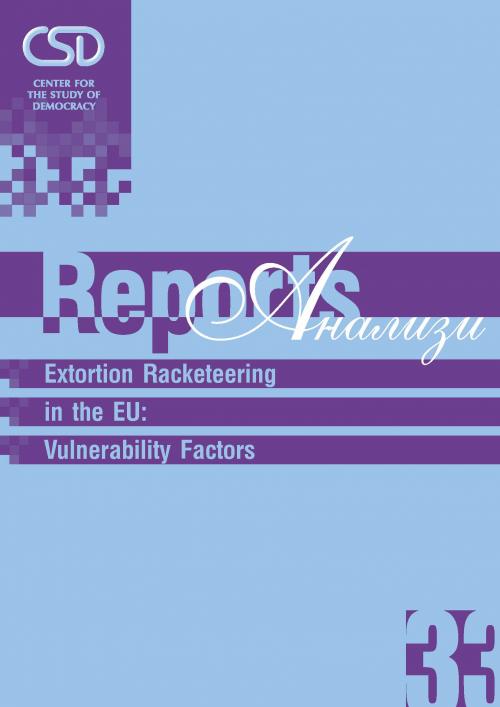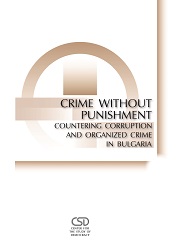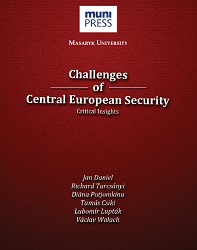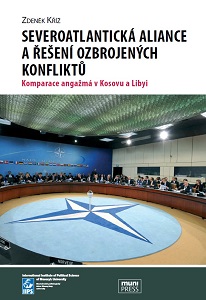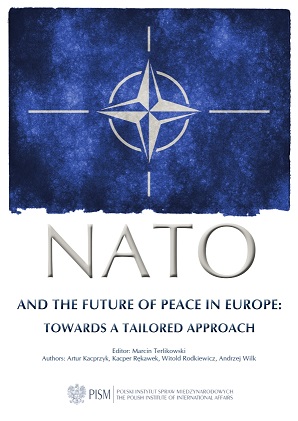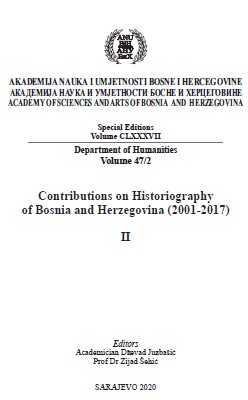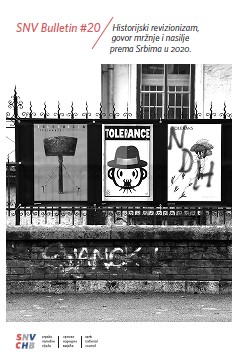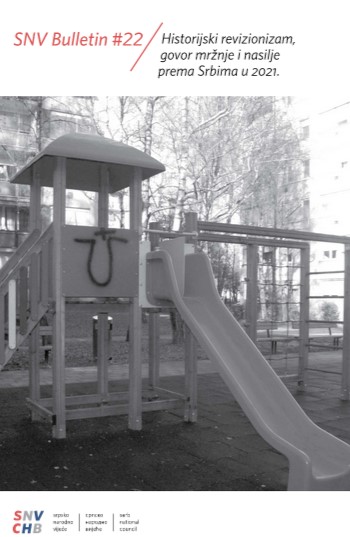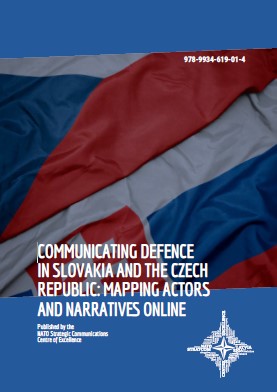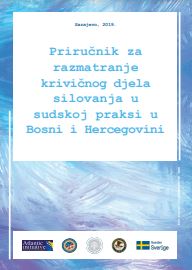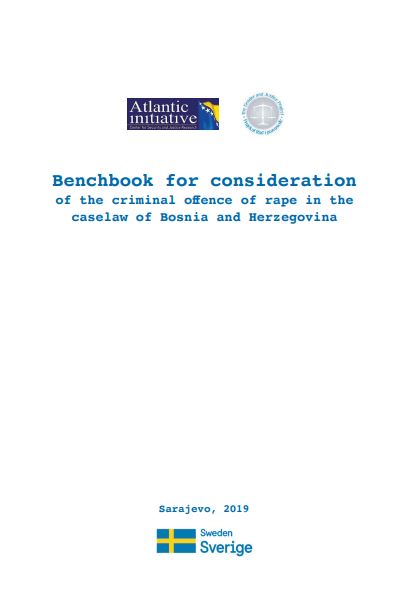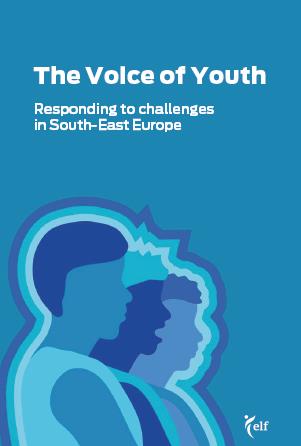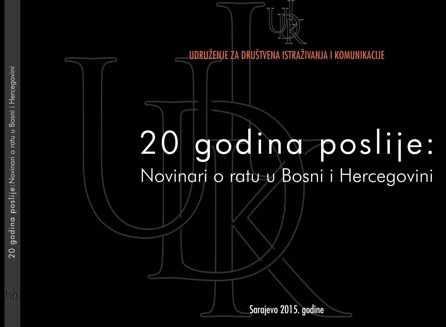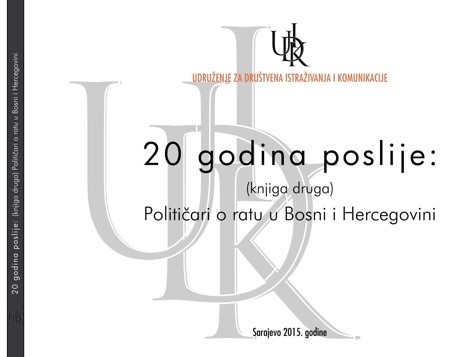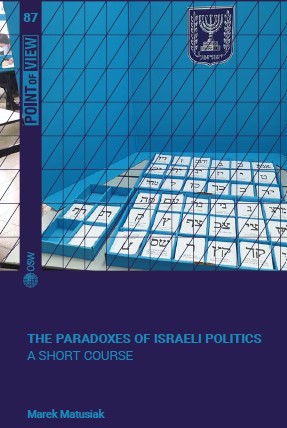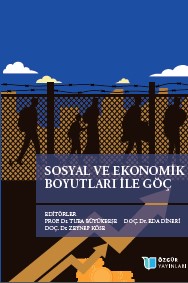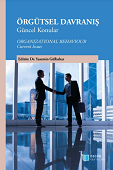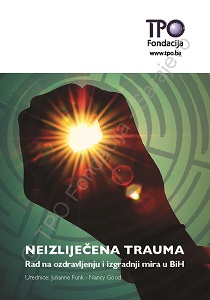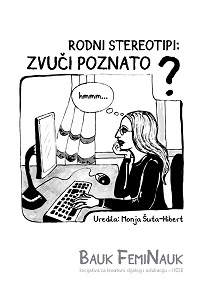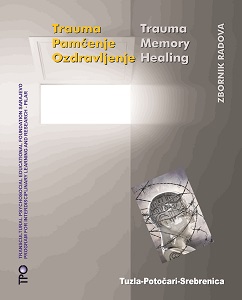Author(s): / Language(s): Bosnian,English,Croatian,Serbian
Ova je knjiga rezultat višegodišnjeg, predanog istraživanja autora i autorki okupljenih oko projekta Trauma, pamćenje, ozdravljenje, koji je započet u oktobru 2013. godine u Tuzli, a potom je proširio svoje djelovanje pri Transkulturnoj psihosocijalnoj obrazovnoj (TPO) fondaciji Sarajevo, u okviru Programa za interdisciplinarno učenje i istraživanja – PIUIS (engl. PILAR). Zahvaljujući podršci TPO Fondacije i entuzijazmu ključnih aktera angažiranih u daljem razvoju PIUIS‐a, planirano je da ovaj projekat bude tek početak buduće suradnje u oblasti konstruktivnog suočenja s prošlošću i pomirenja. Cilj nam je organizirati rasutu znanstvenu i intelektualnu energiju koja bi pomogla u razumijevanju traumatiziranog društva, koje je samo jedan od problema ove kulture, a za koje želimo da postane značajan akter i u iznalaženju rješenja za mnoge druge probleme. Pokazalo se da su nove prilike u vidu neo‐ liberalne retorike više nalik propuštenoj šansi, nego istinskom otvaranju. Ovaj je projekat pokušaj uspostavljanja komunikacije, detabuizacije, de‐dogmatizacije, detraumatizacije i istraživanja uspostavljanjem diskursa. Radovi koje donosimo su, s jedne strane, akademski jer su utemljeni u metodologijama i teorijama određenih znanstvenih disciplina, a s druge strane, otvoreni su prema društvenoj stvarnosti koja je višestruko obilježena traumatskim markerima. Budući da su svi u relaciji prema takvoj stvarnosti, kao i u odnosu jedan s drugim, to ovaj projekat i čini jedinstvenim. U tim međutekstnim relacijama neminovno dolazi do razmjene transformativne tekstualne energije, razmjene ideja iz teksta u tekst, čime svaki tekst (svaka disciplina) dobija ili proširuje svoje i drugo značenje. Znamo da će ovi tekstovi utjecati na život budućih tekstova u ovom diskurzivnom prostoru, kao što vjerujemo da će pomoći u osmišljavanju novih i redefiniranju starih i pogrešnih kulturnih praksi. Trauma, pamćenje, ozdravljenje nema jednu jedinstvenu teorijsku podlogu, niti je može imati, s obzirom na različit fokus interesovanja, te joj je otuda i prirodna interdisciplinarnost. A ovaj je projekat, u najkraćem, uspostavljanje veza između pojedinki/pojedinaca i zajednice, između zajednica, između starijih i mlađih, između muškaraca i žena; između objektivne i subjektivne stvarnosti, između privatnog i javnog života, između usmene i pisane historije, između historije i sadašnjosti, između traumatiziranih i zajednice. Na koncu, zahvaljujemo se svima koji su učestvovali u procesu izrade ove knjige, a naročito autorima i autoricama ovih tekstova, i svima koji su na bilo koji način učestvovali u realizaciji ove knjige. Također, zahvaljujemo svima koji su uključeni u projekat koji podrazumijeva moralnu hrabrost, znanje, vrijeme i entuzijazam.
More...
